
Two New Test Environments Detailed
In our previous Developer Blog, we briefly covered some of the work our Art Director Mark Nicolino implemented as a part of our most recent Project Genesis upgrade. Even better, if you’ve been lucky enough to have participated in the Project Genesis Private Playtests, you’ll have gotten a chance to see these two new exterior environments hosting frenetic action. In today’s Developer Blog, we’re going to hear from the man himself on the goals and development approach he used to tackle advancing the look and feel of our icy Encelladus II installation and our heat death waypoint Solar Storm.
And now, on to Mark’s implementation notes…
Ship Combat Environment Development
- Focusing on Solar Storm & Enceladus II
- 2 of a block of 6 environments
- Development time was about 2 weeks for all 6
The primary goals for these early maps:
- Short production time leveraging previously created assets as much as possible
- Use composition and color palette to establish unique look and feel for each
Solar Storm Environment

Points of Interest: Chaotic Asteroids, Turbulent Star, Dying Planet
Ancient star in late phase of stellar evolution (red giant), slowly baking away the atmosphere of local planet.
This environment came together very quickly, being comprised of very few elements, many of which I’d authored for various UE4 cinematics created earlier in the development process.
Included in the environment:
- Space skybox
- Ringed Planet
- Asteroid field (background)
- Large rotating asteroids (foreground)
The first version of the environment lacked any atmospheric effect. Consequently, it had a similar feel to the original demo map in terms of overall color palette. It was also difficult to get a sense of scale and distance with hundreds of asteroids of various sizes and distances surrounding the play-space.

The solution to this, in version 2, was to add in an atmospheric effect, giving the sense of being caught up in a dust cloud that surrounds the dying planet. This made it much easier to get your bearings and read scale/distance.

Enceladus II
Points of interest: Arctic landscape, Terraforming Operation, Moon Mining Operation
Frozen world home to a recently deployed terraforming operation, slowly altering the sparse atmosphere to become more habitable by earth-like life.
This environment leveraged both pre-existing and custom-built assets to populate the play-space. Custom pieces included architectural set-pieces (terraforming units) and terrain (background/foreground)
This environment like “Solar Storm” went through a couple stages of development. In this case, changes focused on terrain and materials. The first iteration of the topography was simply a static mesh replicated and translated to create both foreground and background. This was both for in-engine performance and to minimize development time.
As seen below the terraforming units weren’t very well integrated with their surroundings — the main problem I wished to address in version 2.

When the opportunity arose to revisit this map, I decided to employ the UE4 Landscape system. I had concerns since it’s quite easy to make this element un-performant. Our high altitude and quick travel over terrain meant large portions would be visible at any one time, meaning a lot of draw calls and noticeable level of detail transitions (LOD’s allow for optimization — making things far away low fidelity, but things up close at a higher fidelity). Landscape materials can also be a significant hit if shader complexity is not kept in check.
I was able to reach a compromise that allowed for both desired framerate and visual fidelity.
The main advantage I wanted to exploit with this system was the ability to modify terrain by hand to better integrate static meshes placed in scene.
In the following example, I’ve pulled up snow drifts to help ground the structures and simulate passage of time.

Another upgrade to this map was the introduction of a vertex paintable shader for the terraforming units. This enabled painting of ice/snow to better ground these elements to their environment. This application can be seen below.

Just the Beginning
While these environments are great examples of the visual fidelity we are striving for on Project Genesis, they have not been configured for gameplay or play-balancing yet. There’s still a lot of work to do! However, if you’d like to participate in the development process along with us, join our Discord or click the “subscribe” button on our Project Genesis website and sign up for our Open Alpha. We’re also accepting applications for intrepid Test Pilots. Join our friendly community today to find out more!
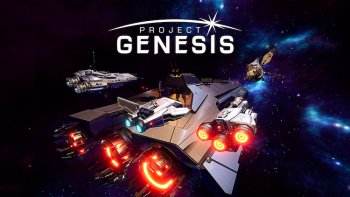
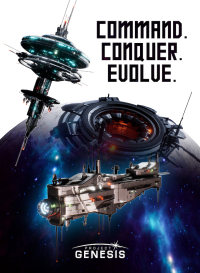
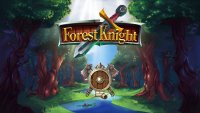

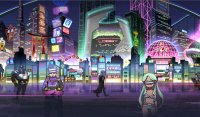
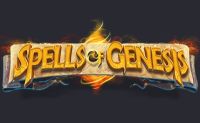
![[JBB.ONE신게임 특집 탐방 보도] 가득 불타는 턴제RPG <Crypto Sword & Magic> ---월간 활동 게이머가 70만 명을 넘은 게임이 블록체인에 왔다!](https://www.jbb.one/f/dynamic/img/3853014baf0b4cb2938f82aefdbc0cba.jpg!sss)


![[JBB.ONE 신게임 보도]< Cipher Cascade> 관련된 더 많은 내용을 가져 드리겠습니다!](https://www.jbb.one/f/dynamic/img/d65e572cec2446dcb2ace1a104abc991.jpg!sss)